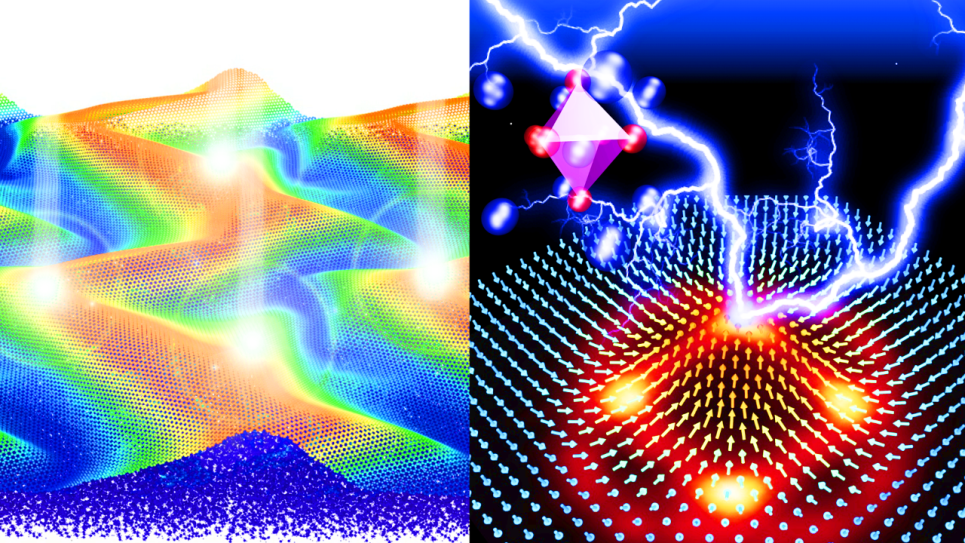
Reactive Meroscale Simulations of Tribological Interfaces
Friction and wear remain the primary causes of mechanical energy dissipation across diverse application areas ranging from energy technologies to geology to biology. The energy and material losses due to friction and wear are estimated to cost several billions of dollars annually. With a better understanding of friction at the nanoscale and mesoscale, researchers can develop advanced lubricant materials that can significantly reduce such losses.
With this INCITE project, researchers will use the highly parallelizable molecular dynamics code, LAMMPS (Large-scale Atomic/Molecular Massively Parallel Simulator), to advance the fundamental understanding of friction laws and mechanisms between sliding mechanical interfaces. They will leverage DOE leadership computing resources along with insights from first-principles physics, atomistic simulations and machine learning techniques to develop new, well-trained and robust force fields for accurately and efficiently capturing the molecular interactions in tribological interfaces.
The team’s research will focus on two types of lubricants: (1) a new class of hybrid nanoscale lubricants (2-D materials and nanoparticles) and (2) adaptive self-organizing coatings. The researchers will use new first-principles-based interatomic potentials to enable precise predictions of interatomic forces and thereby allow high-fidelity, large-scale dynamical and statistical simulations of tribological interfaces, properties, and functionalities of new lubricants, as well as pathways and mechanisms of their in operando synthesis and assembly. Their findings are expected to have direct and profound implications for understanding mesoscale dynamics in tribological systems, which will lead to significant energy savings for a wide variety of applications.
